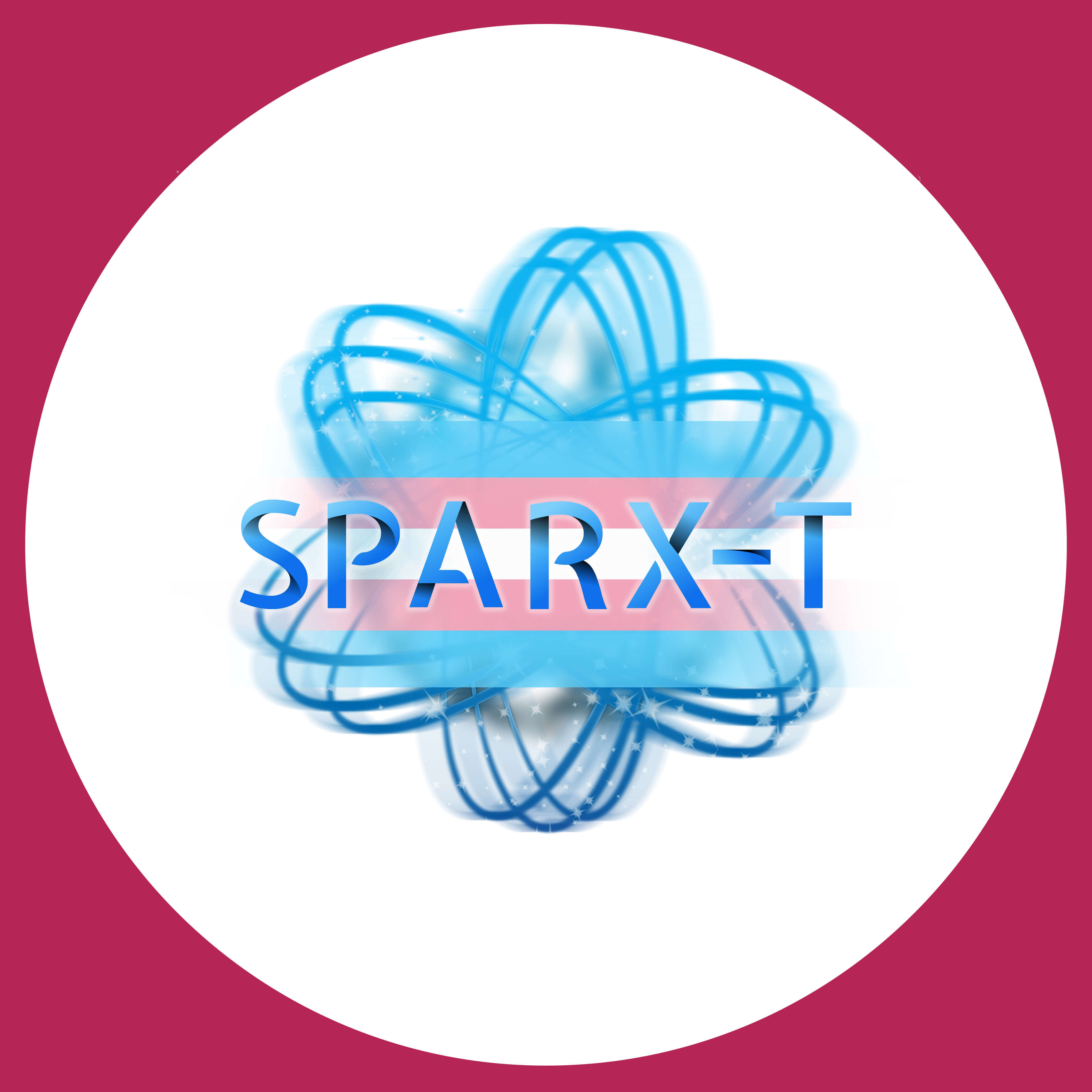Who to contact
If you feel in danger or that you might hurt yourself, do not hesitate to call Emergency Services on 000
If you’ve had a tough time with your mental health lately, we encourage you to talk to a local doctor or mental health professional about how you’re feeling. If you would like to know where to get some immediate help, here are some suggestions:
Lifeline
Call 13 11 14, Text 0477 13 11 14, web chat - all open 24 hours. www.lifeline.org.au/
Kids Helpline
Call 1800 55 1800 or web chat - 24 hours. kidshelpline.com.au/
Suicide Call back Service
Call 1300 659 467 or web chat - 24 hours. www.suicidecallbackservice.org.au/
13YARN
For Aboriginal and Torres Strait Islander people in crisis.
Call 13 92 76 for Aboriginal & Torres Strait Islander counsellors to yarn to 24/7 13yarn.org.au
QLife
Call 1800 184 527 3pm to midnight (AEST) or web chat 3pm to midnight (AEST) qlife.org.au
Beyond Blue
Call 1300 22 4636 24 hours, web chat 11am to 12am (AEST) beyondblue.org.au
1800RESPECT
Call 1800 737 732 24 hours, web chat 24 hours 1800respect.org.au
Additionally, find a list of support services on our Resources for Trans and Gender Diverse Young People page.
You could also reach out to:
- Your parents or caregivers,
- a health service (family doctor/GP, youth health service, school health service),
- a counselor or therapist, or
- a trans or LGBTI community support group – find them on our Resources for Trans and Gender Diverse Young People page.
Reaching out
How do I tell them what I need?
Sometimes it’s hard to ask for help and it can be difficult to know what to say. Talk to an adult you trust like a parent, family member, or helpful adult at school or on your course. A helpline counsellor (from QLife or Lifeline) can be a good start.
Part of the job of a doctor, nurse, counsellor and many other adults is to help young people who are feeling down, stressed, suicidal or just worried about what's going on, but none of them can read your mind. You need to let them know what’s happening for you.
You could try saying something like "I want some help because of how I'm feeling", "I'm feeling really bad and I don't know what to do", "I've been feeling suicidal" or "I think I am depressed/ stressed/ anxious and I need some help". Some people like to take a family member or friend with them, or to write down what they are worried about.
Remember, anything you say to a doctor or counsellor is confidential. This means they can’t tell other people what you’ve said, unless they are really worried about your safety. Even if they have to disclose your thoughts about suicide or self harm to keep you safe, they don’t have to disclose your gender identity.
What if the people I ask don't help?
Try again. Try asking more clearly, or ask someone else for help. There are lots of people who can help, so don't give up. Support is out there.
Find more community support and information services on our Resources for Trans and Gender Diverse Young People page.

This information sheet was developed by The Kids Research Institute Australia as part of the development of ‘SPARX-T’; a serious game designed to prevent depression in trans and gender diverse young people.

